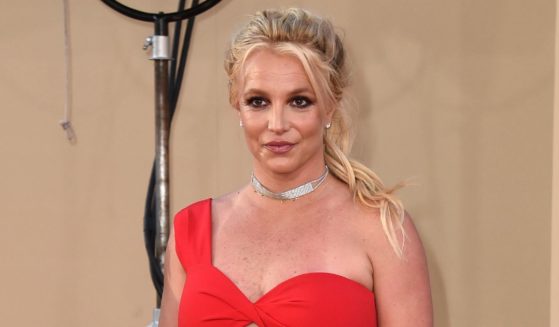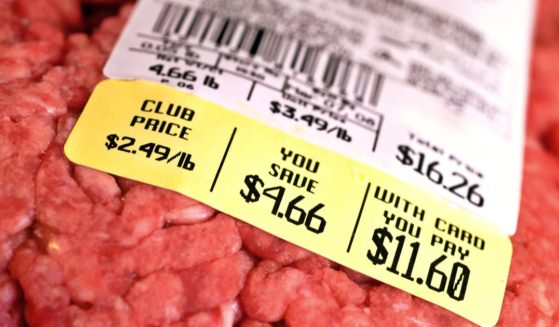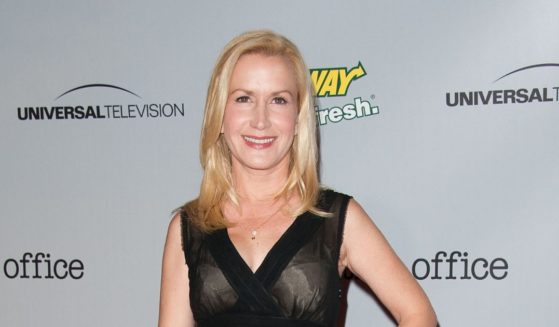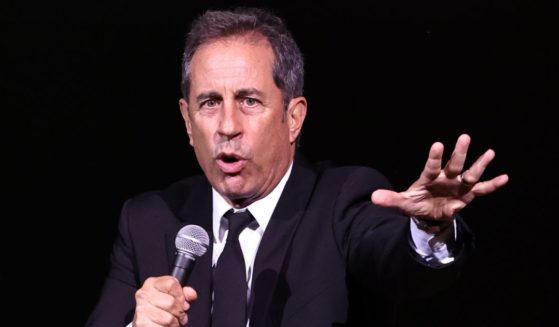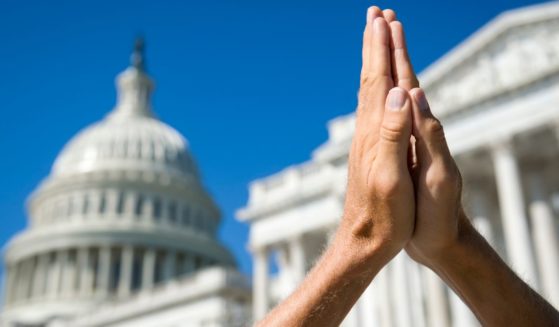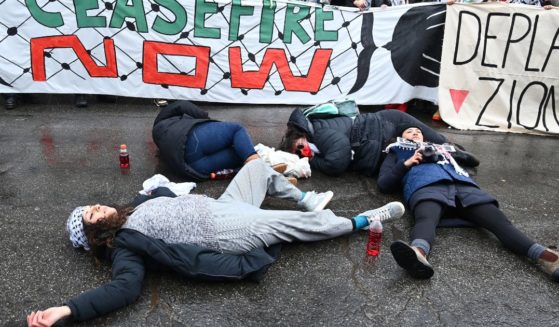Another Industry Falls to Wokeness: Japanese Manga Dominates the US Comic Book Market
Those who have traveled extensively outside of the West know that wokeness doesn’t export particularly well — especially when it comes to entertainment.
However, there’s a new corollary to that problem to consider: In addition to our exported wokeness being rejected in foreign markets, Americans are increasingly importing the rest of the world’s non-woke material.
According to industry data, translated Japanese manga now far outsell American superhero comics, as giants like Marvel and DC increasingly push storylines that feature hyper-progressive tropes at the expense of entertainment.
Last year, Publisher’s Weekly found that 45 percent of all graphic novel sales in 2022 went to Manga, up from 44 percent a year before. Compared to that, the superhero genre held steady at 14 percent.
Nippon.com reported that in Japan, sales of manga are high, too, with a new record of ¥693 billion ($4.5 billion U.S.) set in 2023. While comic-book outlet CBR noted that superhero comics still held an advantage in terms of raw sales income in the U.S. — $2.075 billion vs. $1.47 billion for manga — only $435 million of comic book sales accounted for how the format was traditionally sold, which was in the single-issue format.
CBR came up with a number of conclusions as to why this was, none of which had to do with wokeness. Cheapness and availability in venues not normally associated with fandom, like mainstream booksellers such as Barnes & Noble, had much to do with it.
“On the practical side of things, manga may have come out as the victor of Manga vs. Comics may be because of prices and shopping venues. It was simply more budget-friendly to get into manga than comics, especially when comparing the book’s page count of a product to the sticker price. Single comics issues (which are around 22 pages long) may seem cheap, since they cost around $5 per issue,” the outlet noted in a January article.
“Graphic novels or collections that have 100 pages at the very least can go for as low as $10, depending on the title. However, a typical manga volume (or tankobon) may have around 160 to 180 pages for around $10. This was an excellent ratio for any consumer. Even if manga pages were printed in black and white, as opposed to richly colored comics, a single manga volume’s sheer value was tough to beat.
“Another factor behind manga’s victory when it came to manga vs. comics was where readers can find comics and manga, not just how much they must pay for them. Comic books are usually sold in specialty hobby stores, and such shops have a reputation for being intensely ‘geeky’ places with a very specific type of clientele,” it continued.
“Comic shops heavily cater to readers who are already deeply invested in comics’ robust but relatively narrow culture. Comic book movies’ pop culture dominance has done little to change or improve the perception that comics were a generally male-dominated and juvenile space. Certain comics fandoms’ hostility and toxicity also further soured the medium’s reputation in the public eye. Conversely, and despite the anime community’s own fair share of controversies, manga felt more universal, and not just because of the stories found within.”
However, geek culture has gone mainstream, meaning that the stigma associated with comic book shops has long been gone. In addition, manga should have a greater culture barrier for Western readers, not just in format (manga is traditionally read right to left, making it counterintuitive to those raised on Western superhero comics) but in terms of cultural touchstones.
Maybe, then, it’s a different type of toxicity — as conservative/libertarian pundit John Stossel noted in a December 2022 syndicated column.
“Did you know that Superman’s son is bisexual? So is Batman’s sidekick, Robin, and lots of other superheroes created by Marvel and DC Comics,” he wrote. “The author of the bisexual Superman story says gay people write to say they ‘burst into tears’ when they saw that the characters had become gay.”
However, he talked with comic creator Eric July — who is black, in full disclosure — who said that forced diversity came “out of nowhere” in the industry.
“They make it seem as if the only way that you can relate to a character is because you’re gay and that character’s gay, which is nonsense!” he said.
Even though he loves Batman, July noted, “I ain’t got Bruce Wayne money, and I’m not rich! And I’m certainly not white.”
July, Stossel wrote, said that “what’s new and dumb is that DC and Marvel are changing the identity of established characters” to make them what the industry deems to be diverse.
“A new Batman is black. There’s a new Spider-Man-like character, except she’s a lesbian who uses a wheelchair. Iron Man is now a black teenage girl. Really.”
Oh yes. And not only that, but as Terry O’Brien noted in a 2020 piece for Hollywood in Toto, the new Iron Man — Iron Woman, actually, who was a 13-year-old black girl named Riri Williams — was motivated to don the armor because a white male teacher told her, “You’ll never be as smart as Tony Stark.”
And that’s not the only change that’s happened, O’Brien noted.
Take Captain America: “Scrawny 4-F Army recruit Steve Rogers ingests the Super Soldier serum and becomes our red, white and blue hero. But since patriotism is stupid, the formula wears off, Cap ages out and he cedes the shield to Sam Wilson. The erstwhile Falcon fights racism along our southern border because white supremacy,” he wrote before acerbically noting: “Buy war bonds!”
Or what about Captain Marvel in the comics? “For 30 years readers relished the super-fun, super-sexy, super-powered Dallas Cowboys cheerleader known as Carol Danvers,” he wrote. “Now? She’s been de-sexualized enough to earn the nickname ‘Carl Manvers,’ complete with ‘speak to the manager’ haircut. This humorless scold is supposedly Marvel’s most ‘popular’ character, much like Kim is the most ‘popular’ Jung-un. Comic sales suggest otherwise.”
Now, this isn’t to say that there isn’t what we might call wokeness in manga, especially around LGBT relationships. Those who have been in the nerd community long enough will remember that, when groundbreaking anime “Sailor Moon” was dubbed for American audiences, one of the villains had their voice and character changed from male to female to remove the complication of having a same-sex love subplot between two of the characters.
Of course, the difference is that, not only would that not happen in today’s cultural climate, they might change the sex of a character to create a same-sex subplot, not avoid one. And that’s the point: Woke American entertainment shoves things into your face, not acknowledges their existence. It’s not enough to occasionally have a character who uses a wheelchair, for instance — there must be at least three, and none of them white, and all played and written by real paraplegics, or it’s appropriation!
However, readers have caught on. Remember that bisexual “Son of Superman” series Eric July and John Stossel were talking about? It got terminated after just 18 issues, presumably not because it was lighting the world on fire in terms of sales. And sadly, it’ll continue so long as comic books remain an insular woke bubble.
“These guys are writing material for their peers,” July told Stossel. “So even if the ‘Son of Superman’ falls completely off the charts like it did, right? It’s still a win in their mind.”
Unfortunately for the Marvel/DC bubble, they have a new group of “peers” from Japan who are outperforming them pretty handily at the checkout counter.
Truth and Accuracy
We are committed to truth and accuracy in all of our journalism. Read our editorial standards.

